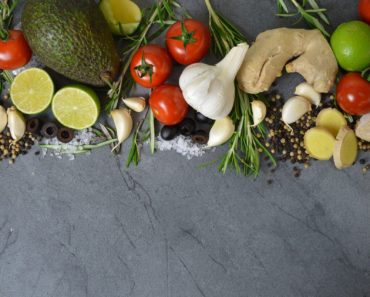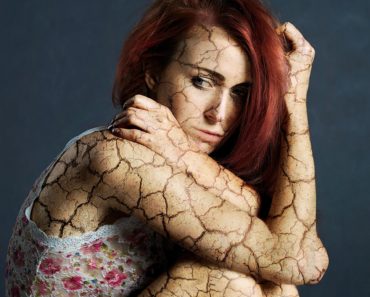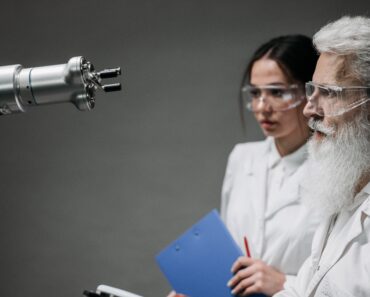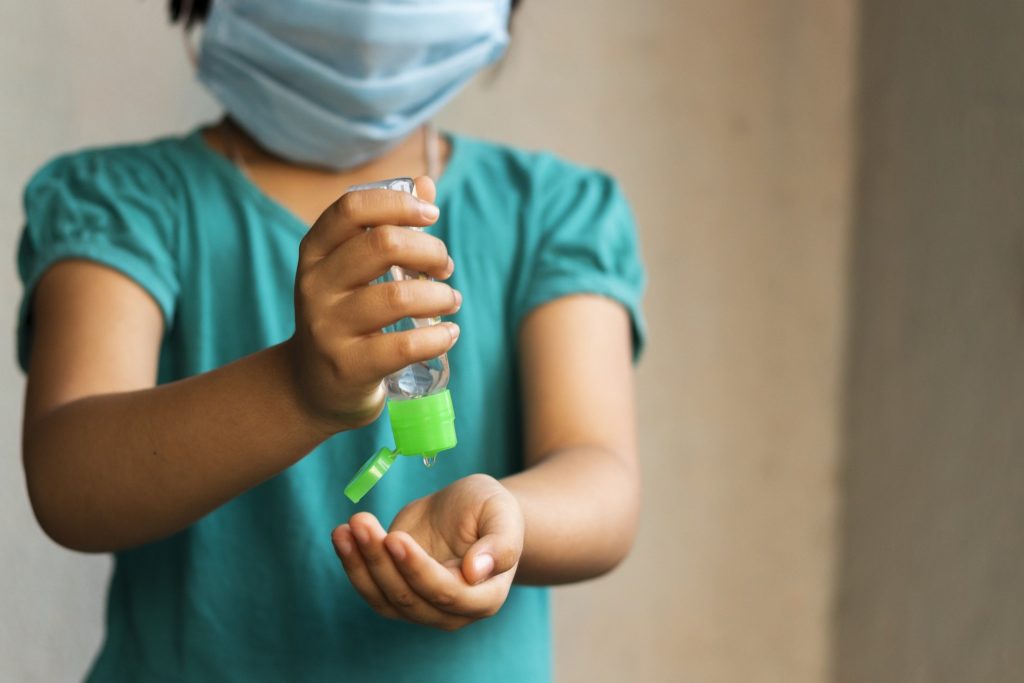
There’s a bit of a pandemic going on right now, SARS-CoV-2 is a coronavirus which causes the disease COVID 19, which is spreading at an alarming rate worldwide. This disease usually causes mild symptoms in most people, especially if you’re young and healthy. But in older people it has a much higher rate of hospitalization and death.
It also gets passed along pretty easily which is why it’s a good idea to try to slow down the transmission. This idea is commonly referred to as flattening the curve.
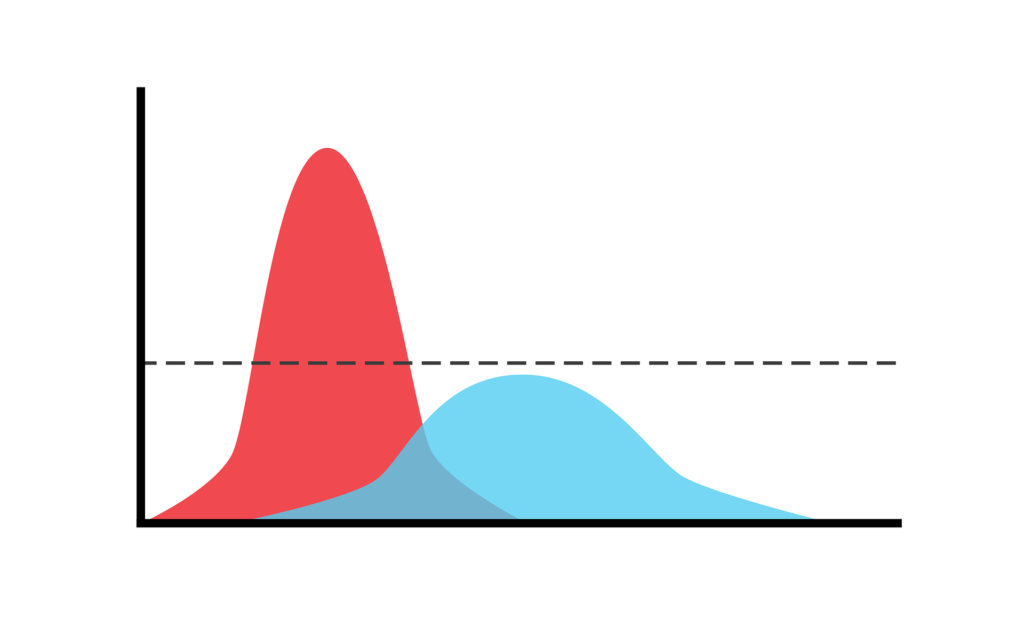
So that hospitals don’t get overwhelmed with too many patients and so they can give everyone the help they need.
Wash your hands
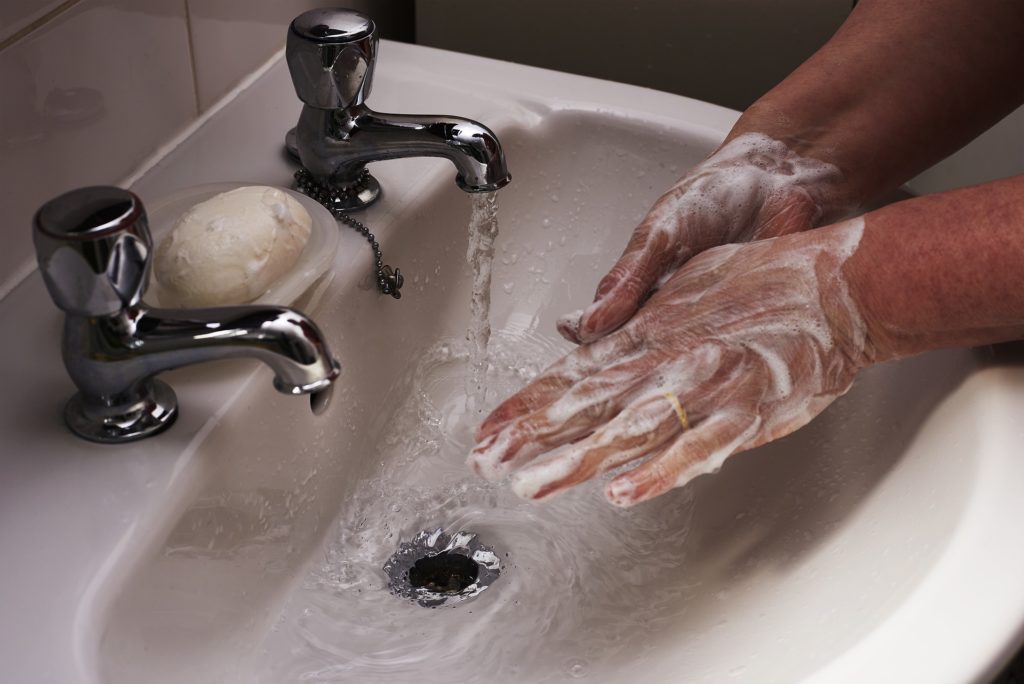
One of the ways that this coronavirus can get passed along is through your hands, so you might touch a surface which has the virus. Then touch your hands or nose or mouth and that then infects your respiratory tract. Even if you’re not in a high risk category, it’s often not a very pleasant disease to have, and you risk passing it on to people who are more vulnerable. So a lot of health authorities around the world are recommending that everyone washes the hands for at least 20 seconds with soap and water, and to use hand sanitizer when this isn’t possible.
Hand Sanitizer
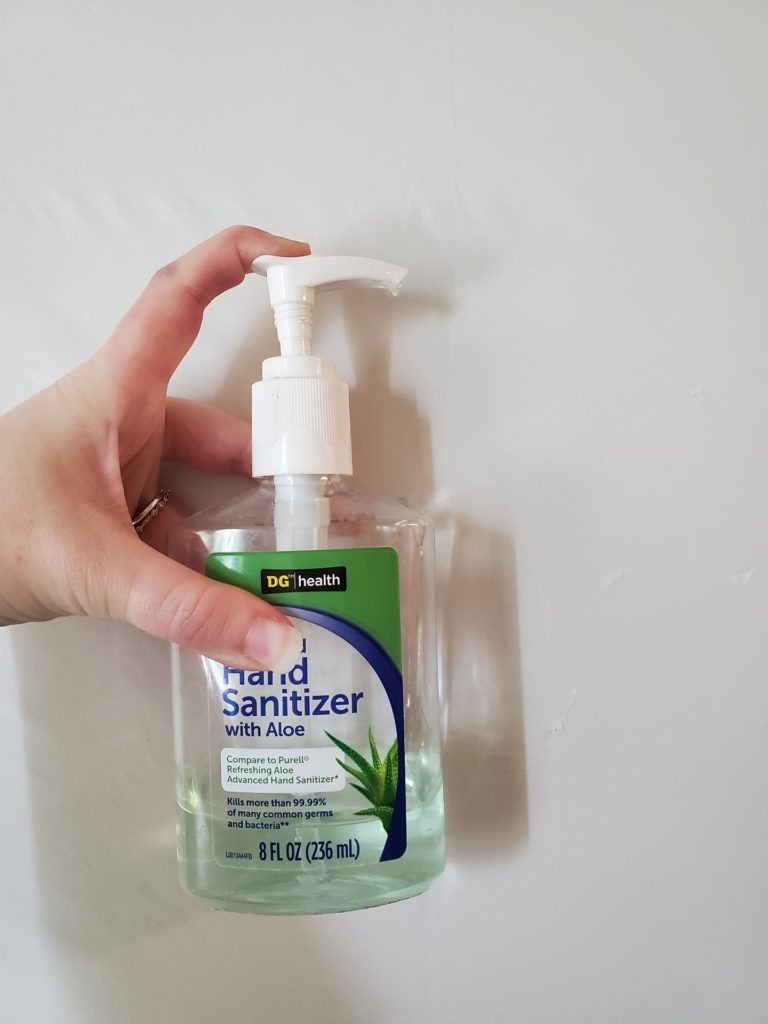
Naturally a lot of people have been buying up hand sanitizer and not just for making a video about alcohol in skincare which means that in some places there’s a shortage. So there’s a lot of DIY hand sanitizer recipes going around and homemade hand sanitizer being sold. Some people just want to avoid the chemicals that go into hand sanitizers by making their own.
Now we think most people who are sharing these recipes are doing this with good intentions. There are some people of course who are just trying to make a quick buck. But making a hand sanitizer that works is not quite as easy as it sounds. A commercial product is much more reliable. It’s very very easy to mess up a DIY recipe. Some of these DIY recipes just probably aren’t going to work even if you make them perfectly. If you use a hand sanitizer that you think is working even though it isn’t, then you are putting yourself at risk.
DIY hand sanitizer recipes
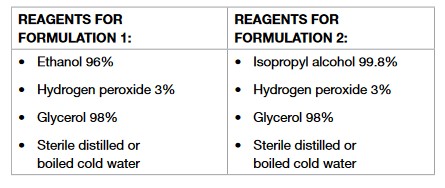
First let’s start with a recipe that will work if you make it properly. The World Health Organization’s hand sanitizer recipe. Firstly note that these recipes are for making 10 litres which most of us don’t need. Also note that the World Health Organization says these recipes are meant to be used when you don’t have a commercial product around. Commercial products contain lots of inactive ingredients which help the product work better, so for example a thickening agent which makes it easier to spread on your hands. So there are three components in these hand sanitizer recipes, firstly there’s a high alcohol concentration.
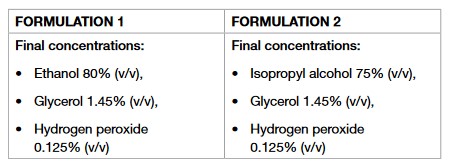
You need a high alcohol concentration 60 to 95 percent to reliably destroy viruses. This alcohol concentration is high enough to break down the envelope around the coronavirus and to denature the proteins inside it so that it can’t infect you.
The other two ingredients are glycerol and hydrogen peroxide glycerol which is more commonly known as glycerin in beauty products is a humectant moisturizer. It’s there to keep your hands moisturised because alcohol can dry out your skin.
Other moisturizing ingredients will also work for this but it’s best to use something water-based. Alcohol-based hand sanitizers don’t work that well on greasy hands. The grease can help protect viruses. So it’s safest not to use something oil-based.
Hydrogen peroxide
Hydrogen peroxide is also included at a low concentration. This is there to help kill any remaining bacterial spores in your ingredients or on your equipment. It’s not actually there to help actively kill any germs on your hands. In the World Health Organization guide to making these hand sanitizers, there’s a lot of advice on things like sterilizing your containers and quality control.
These are important if you want to make a hand sanitizer that will sanitize your hands properly. If all you care about is whether or not. It can kill the coronavirus, then these are a bit less important. What you really need is that high alcohol concentration and apart from a high alcohol concentration pretty much. Nothing else is considered effective against the coronavirus as of now. This includes things like benzalkonium chloride and other cationic detergents that you find in alcohol-free hand sanitizers. These work well against bacteria. But generally not so well against viruses which is why health authorities recommend using an alcohol-based one where possible.
The coronavirus is not the same as a flu virus
So unsurprisingly essential oils aren’t considered effective. Even if whoever’s selling them to you is saying otherwise. Even if an essential oil has been found to be effective against one type of virus. It doesn’t necessarily mean that it’s going to be effective against this brand new coronavirus. The coronavirus is not the same as a flu virus, and even if an essential oil is effective against the coronavirus the concentration is really important, just like for alcohol. If there isn’t enough it’s not going to work and that data just doesn’t exist yet. We don’t know how much essential oil we need to kill coronavirus for some oils maybe even a hundred percent isn’t enough.
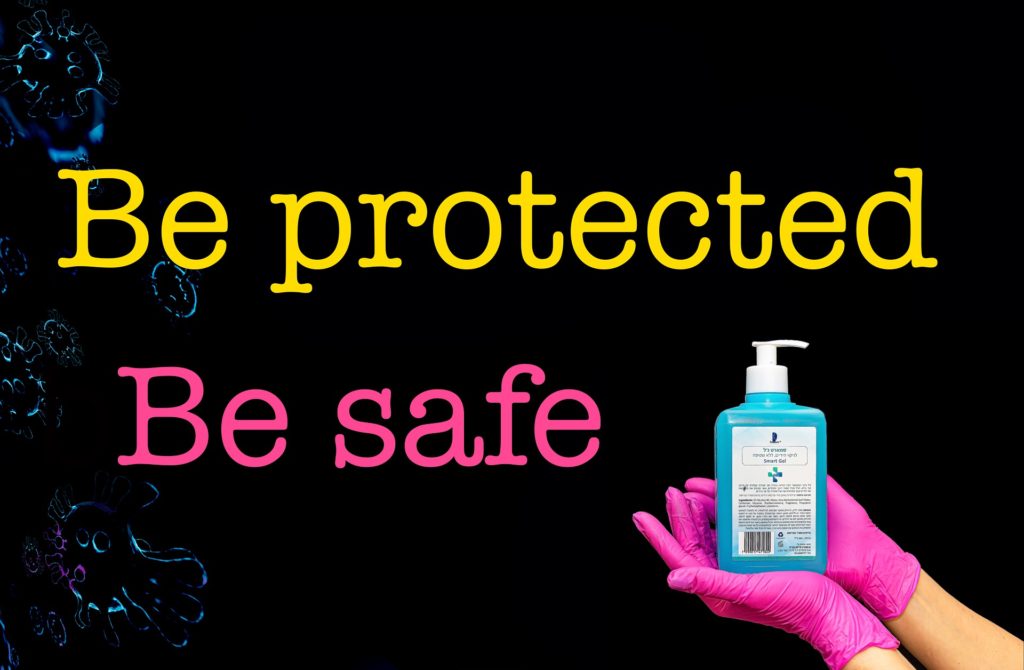
This applies to all the essential oils you see, thieves oil tea, tree oil, lavender oil, lemon essential oil. So anything without alcohol you pretty much can’t trust. So that means all of these recipes that are some variation of something with a few drops of essential oil added to it with no alcohol they will not work.
Source: Guide to Local Production



